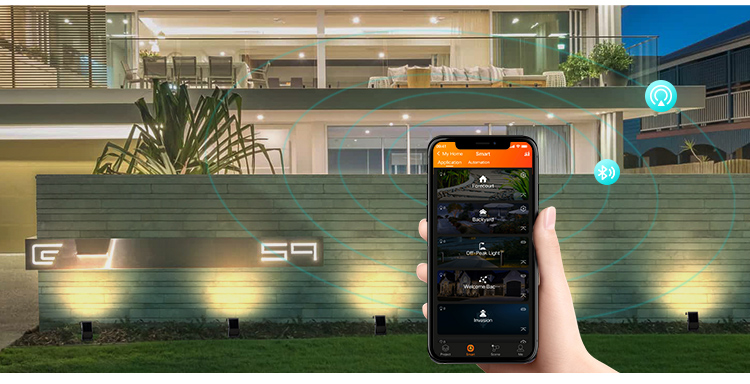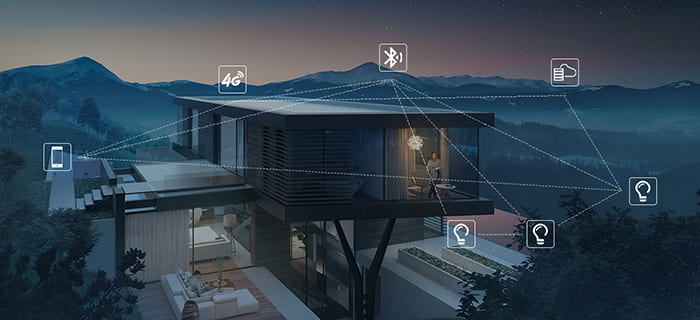The global solar garden light market is experiencing rapid growth. With the surge in demand for sustainable energy, this market is projected to reach $12.22 billion by 2025 and continue expanding at a CAGR of 27.5% through 2030. However, this rapid growth brings challenges of inconsistent product quality and safety standards. Many products harbor hidden risks in design, materials, and performance, making a B2B procurement guide essential.
B2B clients often face multiple risks when procuring solar garden lights: counterfeit international certifications may cause customs clearance delays, while non-compliant products pose potential safety hazards—such as electrical failures or environmental pollution—and can even damage brand reputation and project credibility. These pain points not only incur additional costs but may also delay project timelines. As a professional manufacturer, Sottlot (a subsidiary of Sresky Group) is committed to delivering high-quality solar lighting products that fully comply with international certification standards. Leveraging 20 years of industry expertise and multiple certifications, we help clients mitigate risks, ensuring smooth project execution for solar garden light installations while delivering compliance and long-term value.
I. Why is Certification the Cornerstone of B2B Procurement?
International certifications are more than product labels—they are core elements in B2B procurement guidelines. They guarantee market access, product quality, and legal compliance, helping clients establish a competitive foothold globally.
First, market access is certification’s primary function. For instance, the EU’s CE certification and the U.S.’s FCC certification are mandatory passes for entering these markets. Products lacking these certifications risk customs detention or sales bans. Under EU regulations, electronic imports without CE certification face direct import barriers, impacting supply chain efficiency. For solar garden light projects, this means B2B clients can seamlessly enter European and American markets while avoiding unnecessary trade barriers.
Second, product quality assurance is achieved through rigorous testing. Certification standards cover electrical safety, environmental friendliness, and durability, ensuring reliable operation of solar garden lights in outdoor environments. For instance, the certification process includes electromagnetic compatibility and waterproof testing, reducing failure rates and extending product lifespan. This not only addresses customer concerns about inconsistent quality but also enhances overall project efficiency.
Finally, on the legal and liability front, procuring non-compliant products may trigger disputes and legal action. International certifications like RoHS (Restriction of Hazardous Substances) help mitigate environmental liability risks. In a real-world case, a European hotel group faced fines for purchasing uncertified solar garden lights. By switching to compliant suppliers, they not only avoided legal issues but also reduced maintenance costs. Thus, certification forms the cornerstone of B2B procurement, ensuring compliance and sustainability.
II. In-Depth Analysis: 5 Core Certifications Every B2B Customer Must Know
Understanding core international certifications is crucial in B2B procurement. This in-depth analysis of five key certifications—including essential points and pitfall lists—helps clients identify risks and select reliable solar garden lights.
CE (Conformité Européenne)
CE certification applies to the EU market, covering the Low Voltage Directive (LVD) and Electromagnetic Compatibility Directive (EMC) to ensure products pose no harm to users or the environment. For solar garden lights, this means electrical components like batteries and LEDs must pass safety tests to prevent short circuits or electromagnetic interference. The certification process involves standards such as EN55015, EN61547, and EN60598, verifying product stability and environmental compliance.
Pitfall Checklist: Beware of counterfeit or expired certificates; some suppliers provide only self-made labels. Customers are advised to verify certificate authenticity through official EU databases to prevent customs clearance failures. Additionally, ensure certification covers the entire product, not just individual components.
RoHS (Restriction of Hazardous Substances)
RoHS focuses on limiting hazardous substances like lead, mercury, and cadmium in products, serving as a key standard for eco-friendly and sustainable procurement. For solar garden lights, this ensures LEDs, batteries, and circuit boards are non-toxic, promoting green supply chains. Certification requires third-party testing to restrict six hazardous substances, helping reduce environmental pollution.
Avoid Pitfalls Checklist: Some suppliers merely claim RoHS compliance without authoritative reports. Clients should request test certificates to prevent product recalls or fines due to hazardous substance exceedances. In B2B projects, this can amplify liability risks, especially under the EU’s strict enforcement.
FCC (Federal Communications Commission)
FCC certification applies to the U.S. market, ensuring electromagnetic interference generated by electronic products complies with regulations and does not disrupt the normal operation of other devices. For solar-powered garden lights, particularly smart models, this involves radio frequency testing to verify electromagnetic compatibility. Certification includes FCC Part 15 standards, applicable to wireless components such as PIR sensors.
Avoid Pitfalls Checklist: Be aware of non-mandatory certifications. Some products only pass basic testing and do not meet FCC requirements for RF equipment. Customers should verify the FCC ID number and confirm it covers smart features to prevent interference issues causing project delays.
ISO9001:2015
ISO9001:2015 is a quality management system certification demonstrating a supplier’s commitment to product quality and process control. For solar garden light manufacturers, it ensures standardization from design to production, enhancing consistency and customer satisfaction. The certification emphasizes continuous improvement to reduce defect rates.
Pitfall Checklist: ISO9001 certifies management systems, not specific products. When procuring, focus on the product’s own international certifications. Avoid suppliers relying solely on ISO certificates while neglecting product testing, which can lead to inconsistent quality.
IP Rating (Ingress Protection)
IP ratings assess a product’s dust and water resistance. For example, IP65 indicates complete dust protection and resistance to low-pressure water jets. In solar garden lights, this ensures outdoor durability suitable for rainy and snowy conditions. IP65 is a common standard offering weather protection.
Avoid Pitfalls: Suppliers may falsely claim IP ratings without supporting test reports. Customers should request third-party verification to prevent product failure in harsh weather and avoid increased maintenance costs.
III. How Do Sottlot Products Meet and Exceed Certification Standards?
Sottlot products comprehensively meet and surpass international certification standards through design and technology, delivering reliable solar garden lighting solutions that address B2B clients’ compliance challenges.
In design and materials, we incorporate premium elements from the outset—corrosion-resistant aluminum housings and high-transmittance PC lenses—ensuring CE, RoHS, and IP65 compliance. These materials enhance durability for hotel landscaping or community pathway projects.
Smart technology and compliance are our hallmarks. Our smart solar garden lights integrate Bluetooth mesh functionality while ensuring electromagnetic compatibility (FCC) and safety compliance to prevent interference risks. Our adaptive lighting system meets energy efficiency standards through efficient power management, extending outdoor solar lamp reliability for years while reducing maintenance needs.
Our global certification matrix demonstrates our capabilities: Sottlot holds multiple certifications including CE, RoHS, FCC, and ISO9001, alongside rigorous testing processes like EMC and hazardous substance detection. These certifications cover over 70 countries worldwide, enabling seamless compliance for clients in B2B procurement. In a Southeast Asian resort project, our FLAG series solar courtyard lights—certified to IP65 and RoHS standards—reduced operational costs by 20% while enhancing project efficiency.
Conclusion
International certifications are pivotal in B2B procurement, ensuring not only market access but also product quality, safety, and long-term reliability. By thoroughly understanding the five key certifications and pitfall lists, customers can mitigate risks and select highly compliant solar garden lights. Sottlot safeguards your projects with professional expertise and product excellence.


